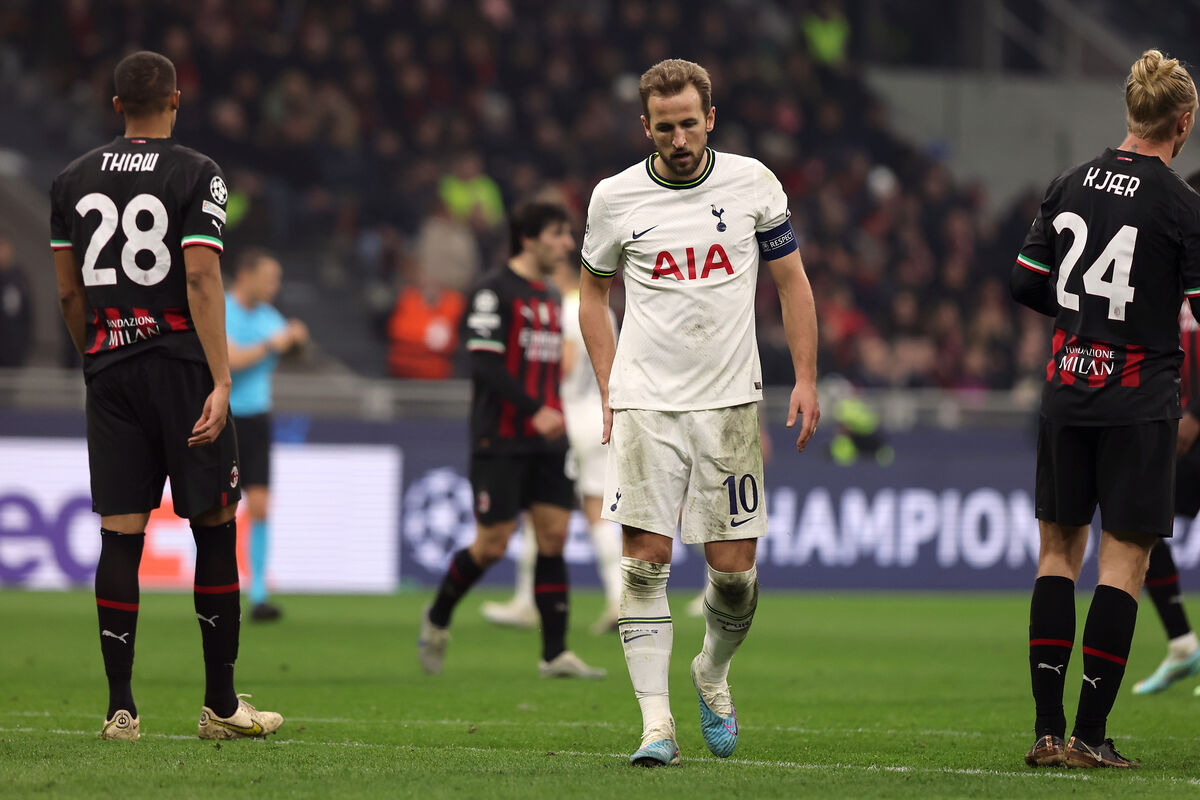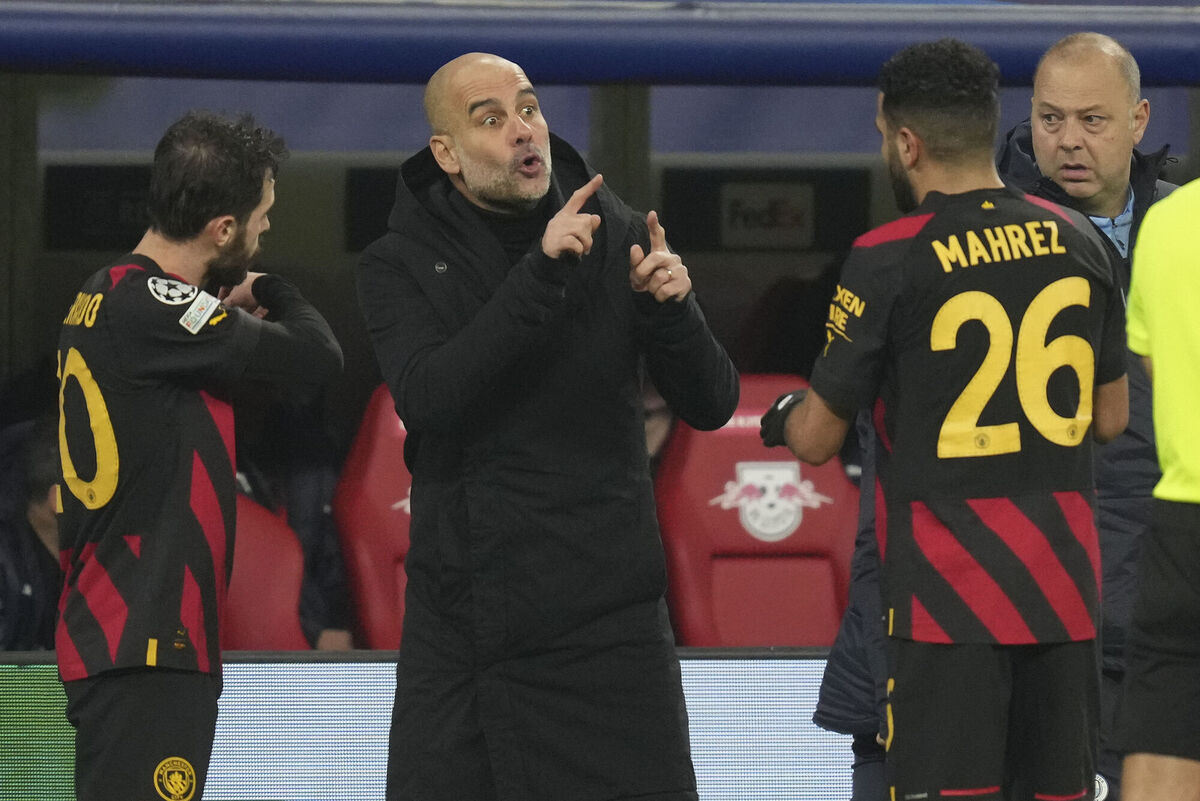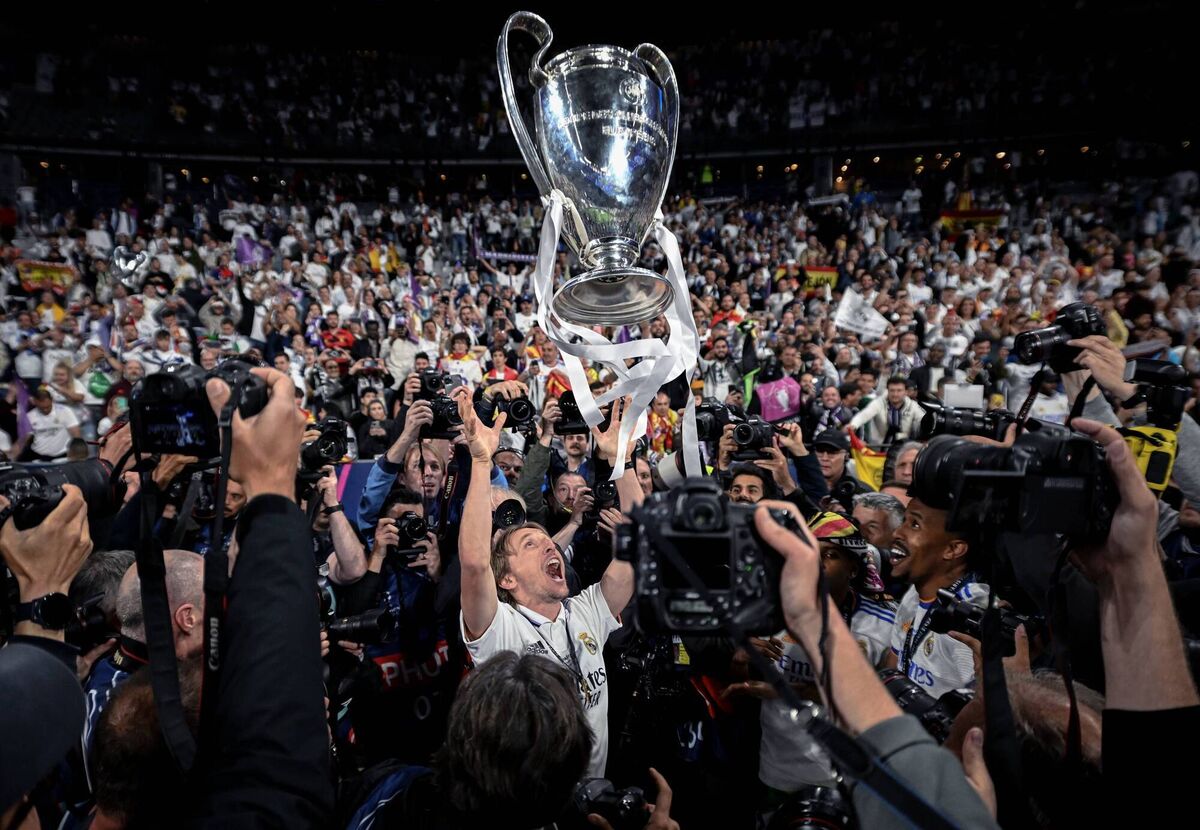Premier League cash does not seem to guarantee European success

Liverpool's Virgil van Dijk reacts to events during the Champions League round of 16 match against Real Madrid at Anfield, Liverpool.
MUCH of the past decade of European football has been defined by the English Premier League. In an ironic twist of fate, the English game has never been so influential in Europe just as the country itself has politically and economically turned its back on the rest of the continent. Over the period the English game saw the 2021 Champions League final contested between Chelsea and Man City, while in 2019 decider saw Liverpool defeat Tottenham Hotspur. Liverpool were also the losing finalists in 2018 and again in last season’s decider. Outside of the finals, English sides have been unparalleled in their last-16 and semi-final representation in Europe’s premier football competition.
But this year, despite all four of its representatives successfully negotiating their way into the last-16, as usual, they have found the second half of the tournament hard going.

For all the rhetoric about the Premier League’s growing strength and influence, both economically and competitively, none of the four English representatives managed to win their last-16, first leg games, three of them losing their encounters with continental opposition.
Tottenham and Chelsea were beaten, albeit narrowly, by AC Milan’s and Borussia Dortmund respectively. While Liverpool bore the brunt of the woes, with a humiliating defeat by the side that edged them in last season’s final Real Madrid. Somehow managing to surrender a two-goal lead after 20 minutes by conceding five unanswered goals at home in Anfield. The highlight for English football being Man City’s lacklustre 1-1 draw with RB Leipzig, with the German side seen as one of the weaker sides left in the competition.

There results stand in stark contrast to the recent orgy of spending by the Premier League in the Christmas transfer window, which saw the league spend an eye-watering £815m (€925m) in comparison to the €215m in combined spending across the rest of the tradition top five European leagues.
France were the next-highest spenders on £110m (€124m), while the spending in La Liga and Serie A combined to a mere £50m (€56m).
Indeed, Chelsea's January splurge of £323m (€366m) alone was more than every club in Serie A, La Liga, Ligue 1 and the Bundesliga combined.
Bankrolled by a host wealthy investors from Abu Dhabi, Saudi Arabia, the United States, eager to cash in on the popularity, prestige, and record international TV revenues, they have swooped in on English club ownership to easily out-bid their continental rivals for the best talent.
The lack of competitiveness, corruption, and one team domination of many continental leagues has seen the money, and as a result, much of the talent head west to the English game but if one was looking at the week’s European results one would be left wondering are the English clubs making the most of their financial superiority?
Undoubtedly the wealth advantage of the English sides has bought much success, but the gap in spending would lead one to think that their success should be greater. So why haven’t the riches paid off with more success for English sides?

One of the explanations is the often unfocused way that English clubs spend their riches. Chelsea’s Christmas splurge saw them buy more players than they could even register to play in the Champions League. For Man City, who face financial fair play investigations of their own, the recent ethos was to pay top-dollar for talent so opponents could not get their hands on them. Meanwhile the spending of Man United, Liverpool, Spurs and Arsenal, while seen as reserved in comparison, are well over a billion pound combined over the past decade.
So while the Premier League dominates the market to such an extent that bottom of the table clubs like Southampton can outbid the likes of Juventus, it’s frenzied scrabble to buy up as much talent as possible across the continent often seems to be a case of buying for buying’s sake.
This situation creates an image of strength but it must be remembered that all this talent was born and developed in those same continental clubs whose conveyor-belt of talent production continues to thrive, while all that Middle Eastern and American money flows into their coffers.
Even when English talent emerges; there are the peculiar circumstances of them being picked up for a song by continental clubs only to be turned into valuable assets to be sought and sold back to England, as in the cases of Jadon Sancho and Jude Bellingham.

English sides rightly pride themselves for their work ethic and pressing abilities, which have worked to a great degree but one only has to look at Real Madrid’s recent form against English sides to see all is not perfect in the garden of English football. Madrid came back from significant deficits in last season’s Champions League to break Chelsea and Man City hearts, similar to what they did against Liverpool on Wednesday night. Not to mind their outthinking of the Merseysiders in the 2018 and 2022 deciders. Somehow they just seem to be unbeatable against English sides, especially when they go a couple of goals behind.
Now the hopes of the English sides are far from finished for this season, with Spurs, Chelsea and especially Man City all with better than average chances of turning around their situations. But it still seems to be a struggle when their finances suggest it should be a stroll in the park.







 App?
App?







